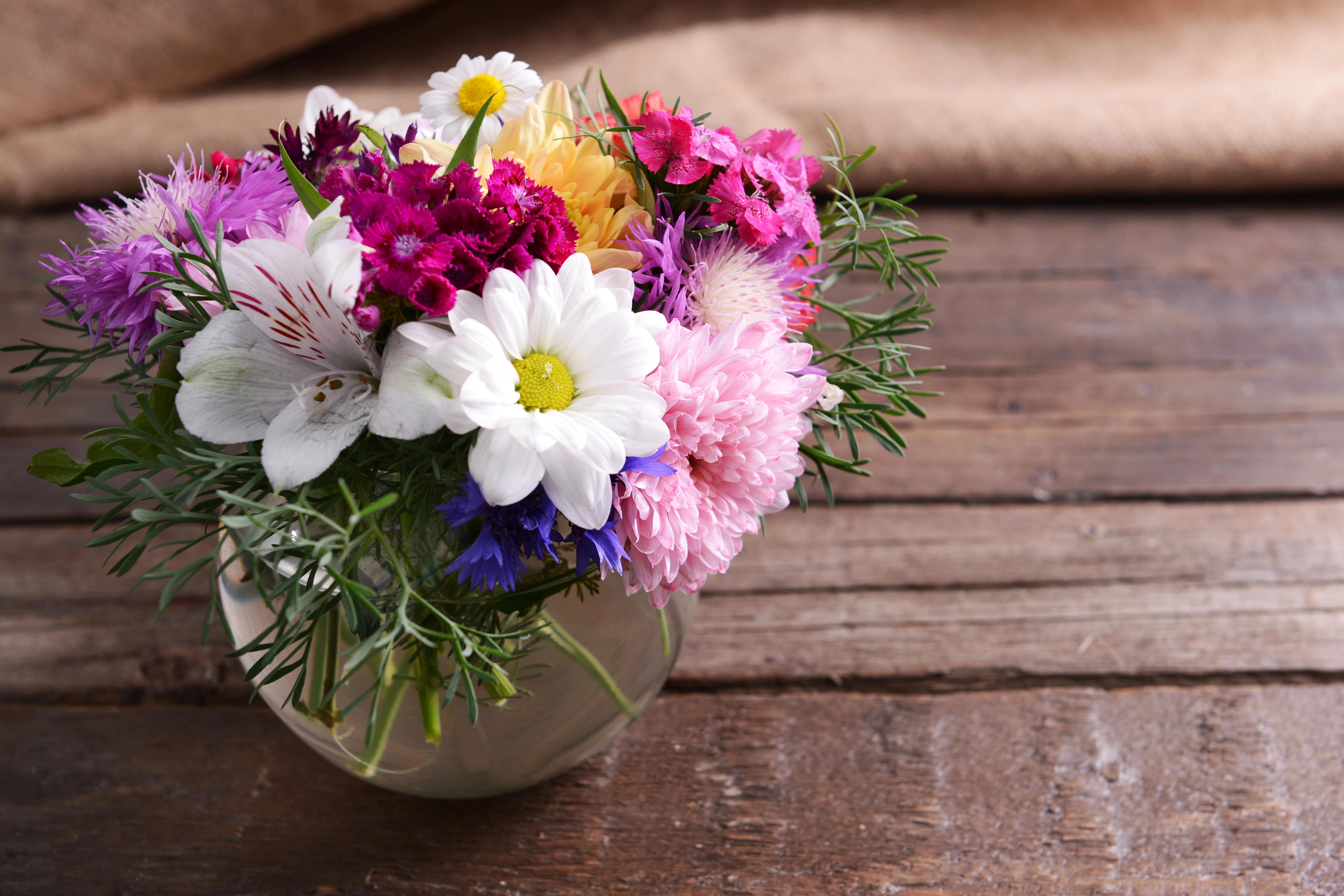- 100% satisfaction guaranteed on every order -

At Dottie's Flowers, we're passionate about more than just arranging beautiful bouquets. We're fascinated by the intricate processes that bring these blooms to life. Understanding the flower life cycle not only deepens our appreciation for their beauty but also helps us provide the best care for our floral friends.
So, let's embark on a journey from seed to senescence, exploring the fascinating stages of a flower life cycle.
The journey begins with a tiny seed, packed with the potential for life. These seeds, often dispersed by wind, water, or animals, contain the genetic blueprint for a new plant.
When conditions are right, with adequate moisture, warmth, and oxygen, the seed awakens from its dormancy and begins to germinate. The seed coat cracks open, and a tiny root emerges, anchoring the plant and seeking nourishment from the soil.
Fueled by sunlight, water, and nutrients, the plant develops a stem and leaves. This stage is all about growth and development, as the plant gathers energy through photosynthesis to prepare for its reproductive phase.
As the plant matures, it begins to form buds, the precursors to those beautiful blooms that make up our beloved bouquets. These tightly closed buds protect the delicate floral structures within.
This is the moment we've all been waiting for! The bud unfolds, revealing the flower in all its glory. The vibrant colors, intricate patterns, and alluring fragrances serve to attract pollinators.
Pollination is a crucial step in the flower life cycle. Pollen grains, carrying the male genetic material, are transferred from the anther (male part) to the stigma (female part) of the flower, often with the help of insects, birds, or wind.
Once pollination occurs, the magic of fertilization begins. The pollen grain travels down the style to the ovary, where it fuses with an ovule, creating a seed.
The flower's mission is now complete, and its petals begin to wither. The ovary develops into a fruit or seed pod, containing the precious seeds that will start the cycle anew. These seeds are dispersed, ready to find new homes and begin their own journey.
The final stage of the flower life cycle is senescence, or the aging process. The flower withers completely, returning its nutrients to the soil.
At Dottie's Flowers, we're passionate about sharing the wonders of the flower life cycle with our customers. We carefully select our blooms at their peak freshness and answer any flower questions to ensure our perfect bouquets last as long as possible. Contact Dottie’s Flowers today to experience the beauty of flowers in all their stages, from bud to bloom.
Latest Blogs: